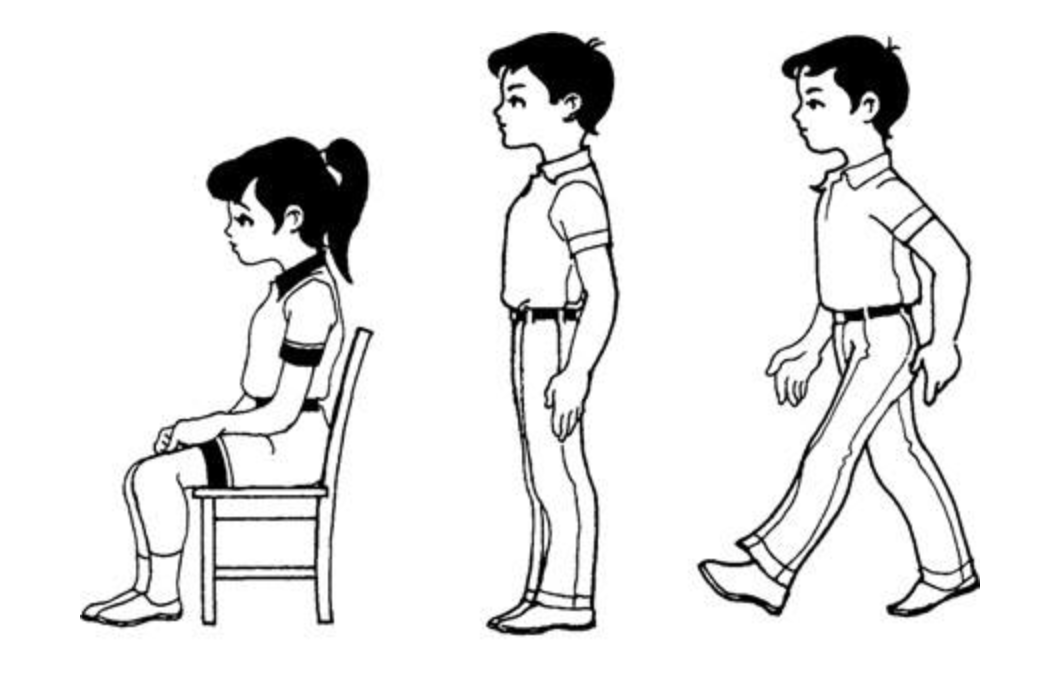
一、形容词的一般用法 1.作定语,一般放在所修饰词的前面。 例如,It’s a cold and windy day. 2.作表语,放在系动词的后面。 例如,He looks happy today. 3.形容词修饰something,anything,nothing,everything等复合不定代词时,须放在其后。 例如拆塌,Would you like something hot to drink? 4.表示长、宽、高、深及年龄的形容词,应放在相应的名词之后。 例如,How long is the river? It’s about two hundred metres long. 5.只能作表语的形容词:afraid害怕;alone独自的;asleep睡着的;awake醒着的;alive活着的;well健康的;ill病的;frightened害怕的 例如,The man is ill.(正) The ill man is my uncle.(误) 6.只能作定语的形容词:little小的;only唯一的;wooden木质的;woolen羊毛质的;elder年长的 例如,My elder brother is in Beijing.(正) My brother is elder. (误) 7.貌似副词的形容词:lonely独自的;friendly友好的;lively生动的;lovely可爱的 8.复合形容词:snow-white雪白的 English-speaking说英语的;glass-topped玻璃罩的;full-time全日制的;well-known众所周知的;kind-hearted善良的旅衡圆;man-made人造的;take-away可以带走的;ten-year-old十岁的。 二、多个形容词修饰名词时,其顺序为: 限定词(冠词、指示代词、形容词性物主代词、数词)——描绘词(大小,长短,形状,新旧,长幼,颜色)——出处——材料性质——类别——名词 A small round table一张小圆桌 A tall white building一幢高大的白色建筑物 A dirty old black shirt一件又脏又旧的黑色衬衣 A famous American medical school一个非常著名的美国医学院 三、形容词常用句型 1.“It’s +adj.+of+sb.+不定式”表示“某人(做某事)怎么样”。 注意:这一句型中常用描述行为者的性格、品质的形容词,如good(好的),kind(友善的),nice(友好的),polite(有礼貌的),clever(聪明的),foolish(愚蠢的),lazy(懒惰的),careful(细心的),careless(粗心的),right(正确的),wrong(错误的)等。拦弊 例如,It’s very kind of you to help me.(=You are very kind to help me.)你能帮助我,真好。 It’s very rude of her to say such words.(=She is very rude to say such words.)她说这样的话,真粗鲁。 It’s foolish of him to go alone.(=He is foolish to go alone.)他单独出去太傻了。 2.“It’s+adj.+for+sb.+不定式”表示“做某事对某人来说怎么样”。 注意:这一句型中常用的形容词有important(重要的),necessary(必要的),difficult(困难的),easy(容易的),hard(艰难的),dangerous(危险的),safe(安全的),useful(有益的),pleasant(舒适的),interesting(有趣的),impossible(不可能的)等。 例如,It’s not easy for them to learn a foreign language.(=To learn a foreign language is not easy for them.)对于他们来说学好一门外语不容易。 It’s very important for students to listen to teachers carefully.(=To listen to teachers carefully is very important for students.)对于学生来说上课认真听老师讲课是非常重要的。 It’s necessary for us to get to school on time.(=To get to school on time is necessary for us.)对于我们来说按时到校是非常必要的。 3.表示感情或情绪的形容词,如glad(高兴的),pleased(高兴的),sad(忧伤的),thankful(感激的)等常接不定式。 例如,Glad to see you.见到你非常高兴。 I’m very sad to hear the bad news.听到这个坏新闻,我非常难过。 4.表示能力和意志的形容词,如ready(乐意的,有准备的),able(有能力的),sure(一定),certain(一定)等常接不定式。 例如,Lei Feng is always ready to help others.雷锋总是乐于助人。 He is sure to get to school on time.他一定会按时到校。 希望能够帮到楼主
标签:形容词,用法





















